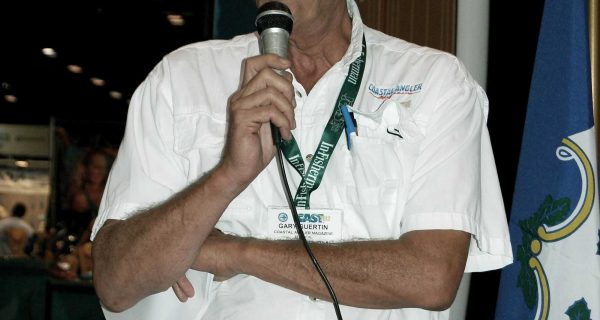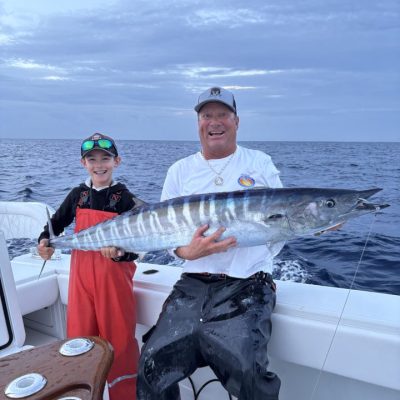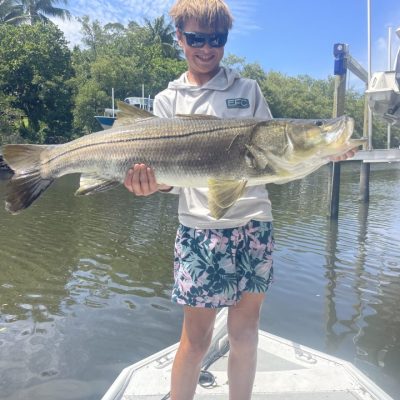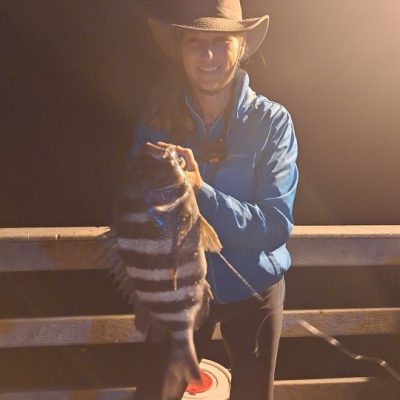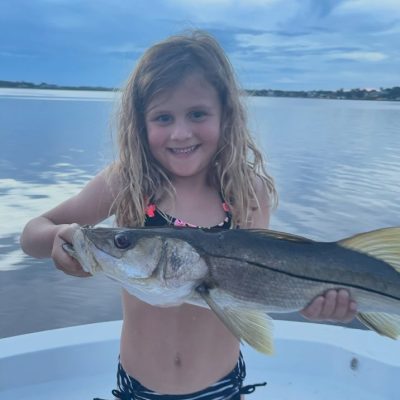Conservation
Environmental and waterway news.
Latest in Conservation
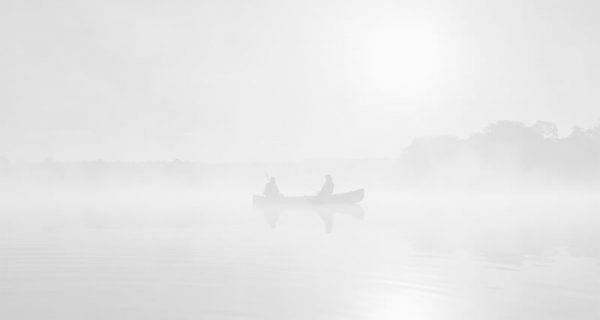
Strong 2012 nesting season for Florida loggerheads
Loggerhead sea turtle nesting was near a 24-year high along Florida beaches this year, according to data compiled by Florida …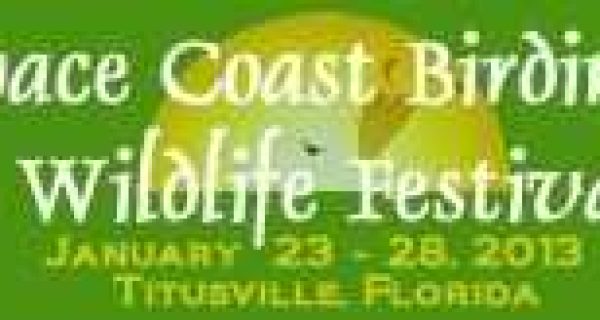
Fishing Community Supports Annual Space Coast Birding & Wildlife Festival
The 16th Annual Space Coast Birding & Wildlife Festival in Brevard County, FL, scheduled for January 23-28, 2013, has long been an event supported by Coastal Angler Magazine. Rodney Smith, CAM founder and Anglers for Conservation advocate, will be doing classroom presentations from his new book, Enjoying Life on the Indian River Lagoon Coast with book-signings to follow.
Speak Up for the St. Lucie
The Martin County Board of County Commissioners asks for your support as they SPEAK UP FOR THE ST. LUCIE. Commissioners …
‘Mystery eyeball’ appears to be from swordfish
After examining an eye found on a south Florida beach this week, researchers from the Florida Fish and Wildlife Conservation …Stone crab claw season in state, federal waters opens today (Oct. 15)
Get your claw crackers ready, because Florida’s recreational and commercial stone crab claw harvest season opens today (Oct. 15) in …